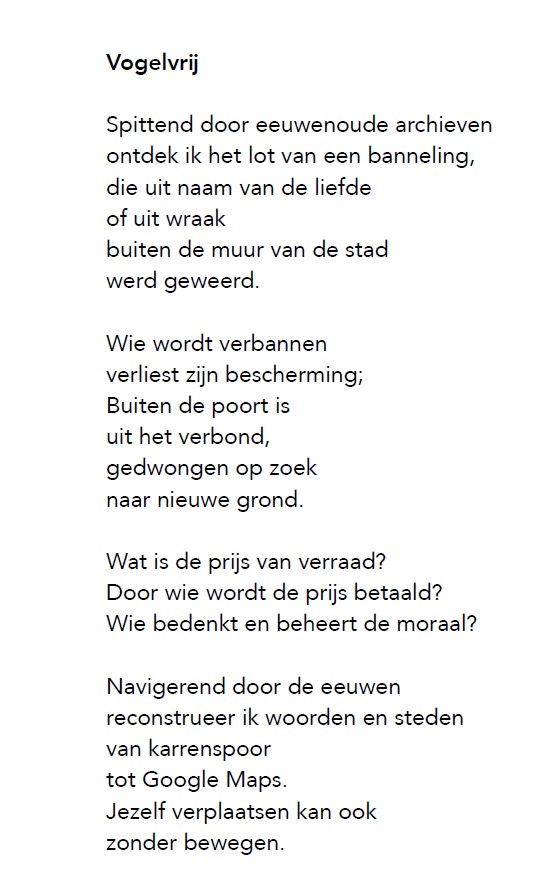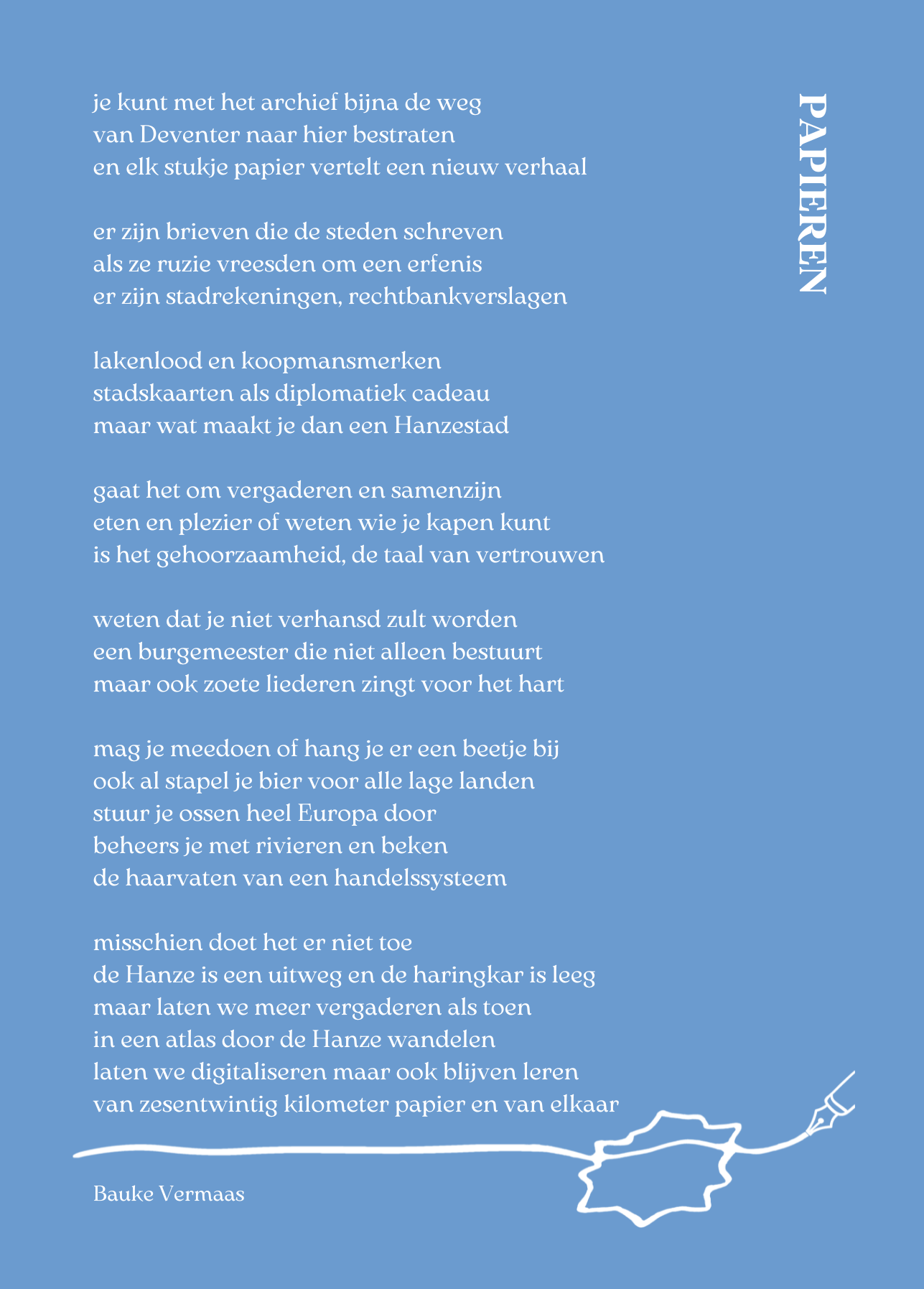Introducing a blog series on #historyinconflicts: the medieval edition
Justyna Wubs-MrozewiczOn 25.06.2021, a group of medievalists discussed the question ‘What happens when history is evoked in conflicts’? Specifically: Did such discourse take place? – How did it happen? – Why did it happen? in medieval cases and sources, ranging from the Scottish Marches to Sardinia, and from lawsuits to references to burial mounds. What functions did such historical discourse have? Was it, for instance, a call for change or a call for preservation in a conflict? And who used the memory of a sometimes distant past in the heat of a clash? The historical argument in conflicts was not only an interpretation of the past. Various actors within such conflicts gave meaning to events and relations in the past, and made use of the historical discourse for specific ends.
It was a very thought-provoking online meeting, which we want to share here. Indeed, the goal of this blog series is to present summaries of the contributions by medievalists and to continue the discussion with early modernists and modernists. Some highlights by way of introduction.
The point of departure for the webinar was that also in premodern times references to events in the past could be chosen as one of the tools for influencing the course of an ongoing conflict. This point of departure addressed a paradox in the literature related to the topic. Specialists (e.g. historians, social psychologists) notice and analyze specific instances when such discourse occurs (e.g. propaganda in WWII) but rarely theorize it; meanwhile, generalists (theorists of conflict) acknowledge that ‘history as an argument’ can play a major role in conflicts, but rarely analyze a broad range of examples. If they do include the historical material, they mostly resort to modern history. And yet premodern history – in this case medieval history – does offer a lot of food for thought for conflict studies.
In the webinar, medieval historians who work extensively with primary sources and produce innovative studies, attempted to bridge this gap. They showed rich examples of when a historical discourse was employed (or highlighted when it was conspicuously absent), but also pondered the question of its meaning in an ongoing conflict. One of the connecting threads of the discussion was that #historyinconflict was in fact very future-oriented. Drawing from the summaries of the presentations in this blog series and the very vivid discussions after the presentations:
• the memories of the past could be malleable, even decided upon by a group in order to end a conflict;
• the discourse could serve to legitimize, justify or excuse;
• it provided the opportunity to make claims about what the truth was, even when explicitly suppressing it;
• the discourse could provide an effective scaffolding for other arguments;
• it could be communicated by words, objects or spaces;
• it could convey a sense of urgency as to why ‘something needed to be done’;
• it could showcase why ‘the present’ was experienced in a markedly different way;
• through references to privileges or treaties, some options were rendered impossible;
• both ‘big history’ (e.g. the history of Troy) or ‘small history’ (e.g. of personal relations) could function as such a tool.
At the same time, it is evident that in many conflicts, or at least in sources concerning these conflicts, history did not appear as an argument. In such cases, alternative discourses like references to Christianity or good reputation could appear. The choice to leave out references to the past could be as revealing as the choice to ‘wave a historical flag’. Obviously, context mattered, and it mattered who had access to such tools and who had a platform to make the tools effective. Interestingly, the use of history as an argument in conflicts could take place on various levels: from individuals evoking it in court rooms to diplomats speaking and writing on behalf of states and urban governments. The findings invite further dialogue with memory studies and conflict studies.
Curious? Find out more in the summaries of the presentations of:
Jackson Armstrong: ‘Recollection and reconciliation in 15th-century England.’
Flávio Miranda: 'Portugal's maritime trade, 1250-1500.'
Justine Firnhaber-Baker: 'Making Conflict History: France, 1373/1358.'
Patrick Lantschner: 'Urban space as repositories of memories and the past.'
Hans Jacob Orning: ‘Historical use of the past: The Borre mounds.’
Jenny Benham: ‘Treaties as a strategy of conflict management – a snapshot of Sardinia in the 1180s.'
Justyna Wubs-Mrozewicz: ‘War, money, language: History as a versatile argument in conflicts in premodern Danzig.'
Daniel L. Smail: : 'History in conflict: notarial and court records.'
Piotr Górecki: ‘Use of the Past for Peasant Servitude.’
which we will be posting in the coming days!
Constructive comments are very welcome.
Justyna Wubs-Mrozewicz
Summaries of presentations by: Ester Zoomer, Christian Manger, Alex Collin.


